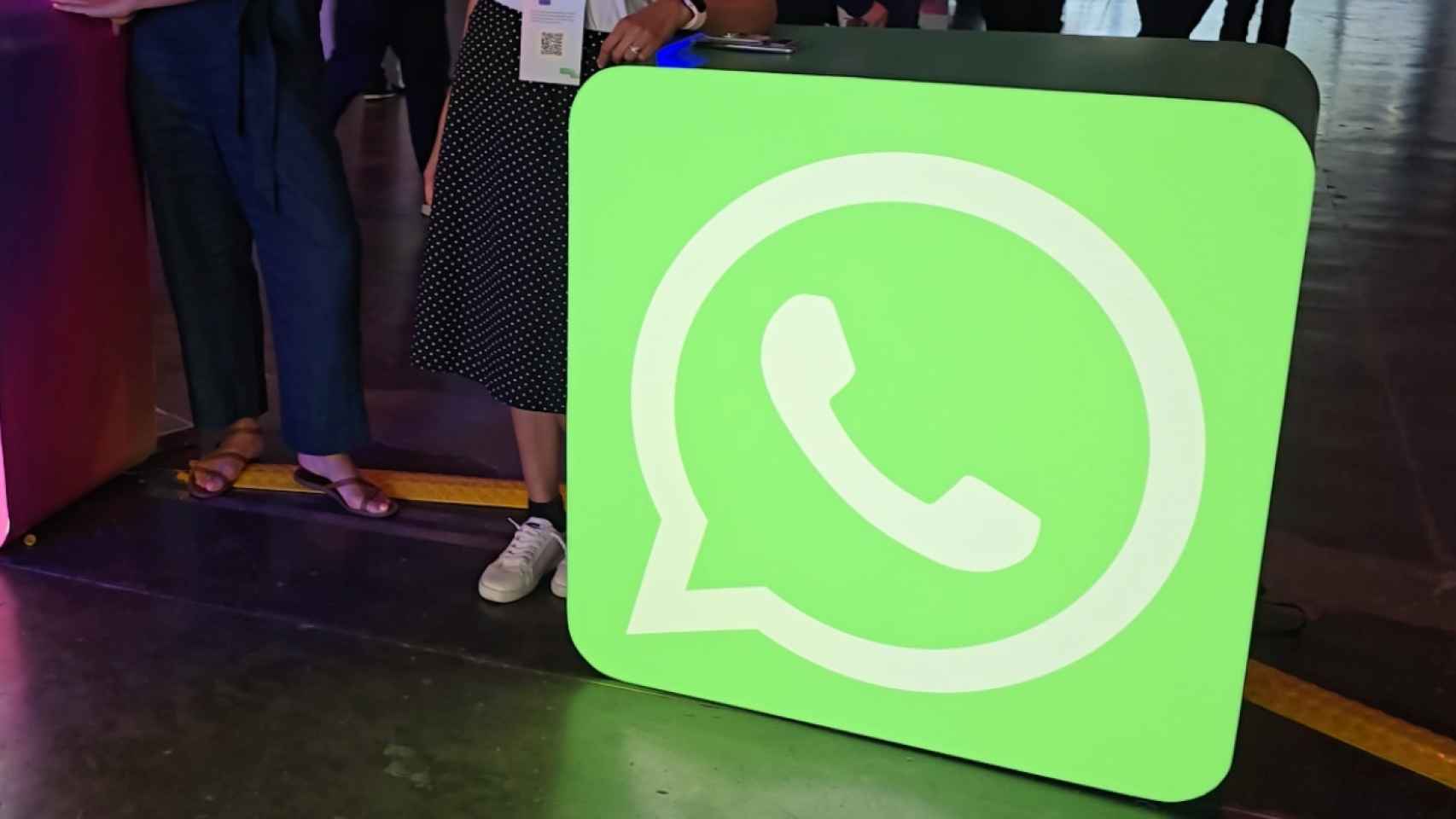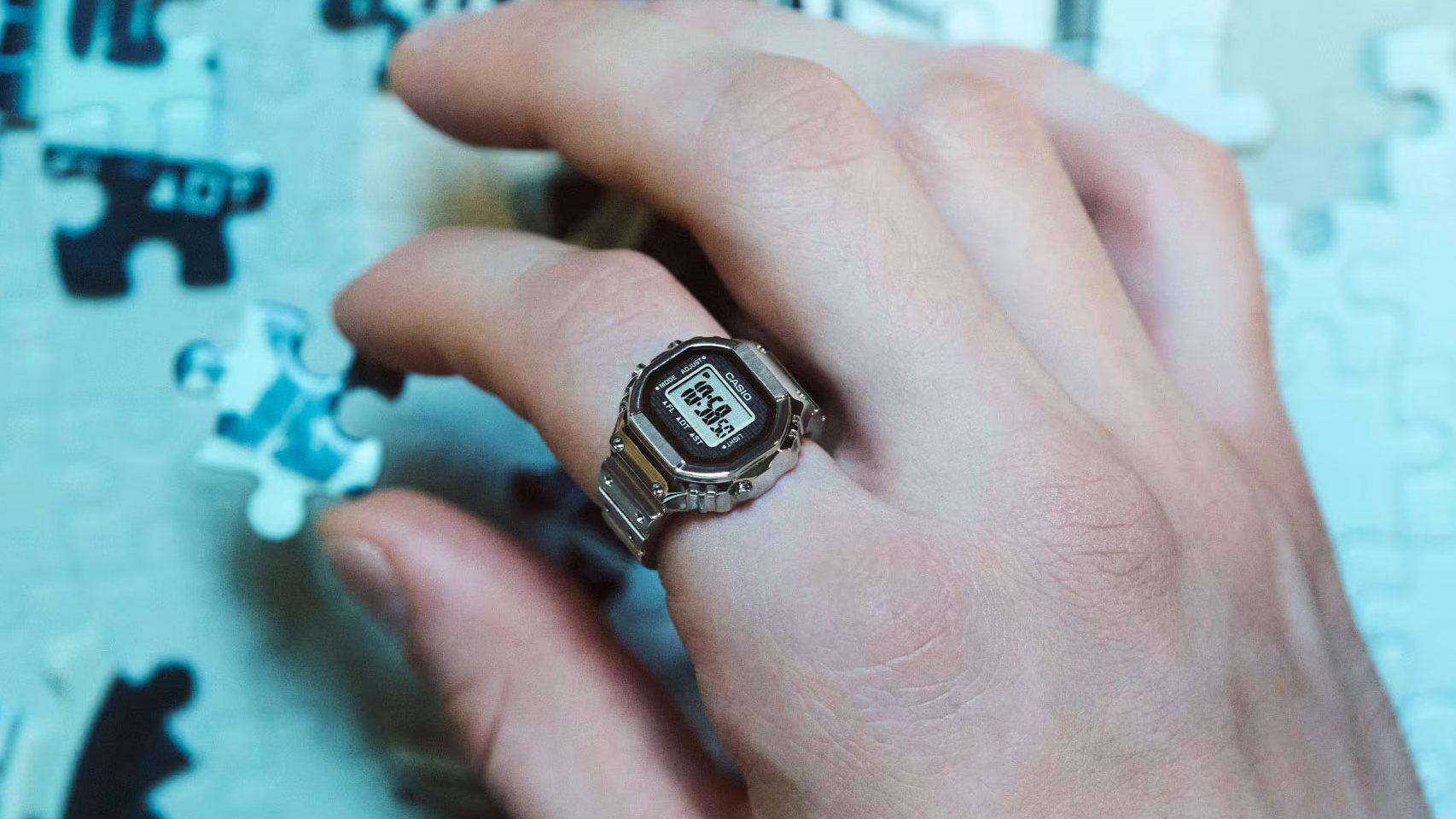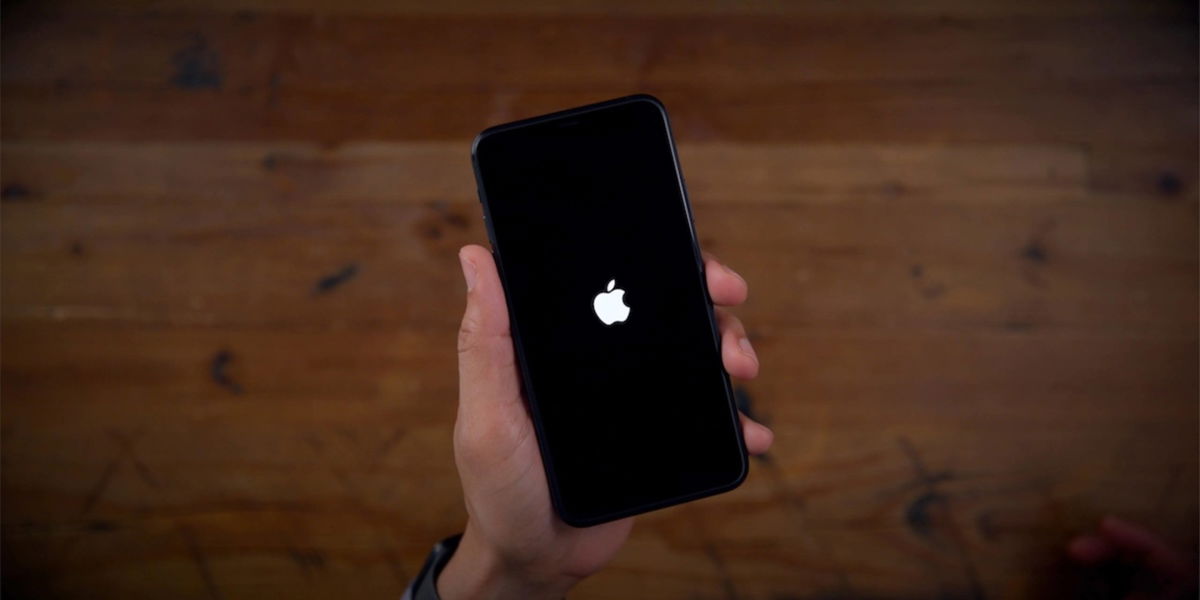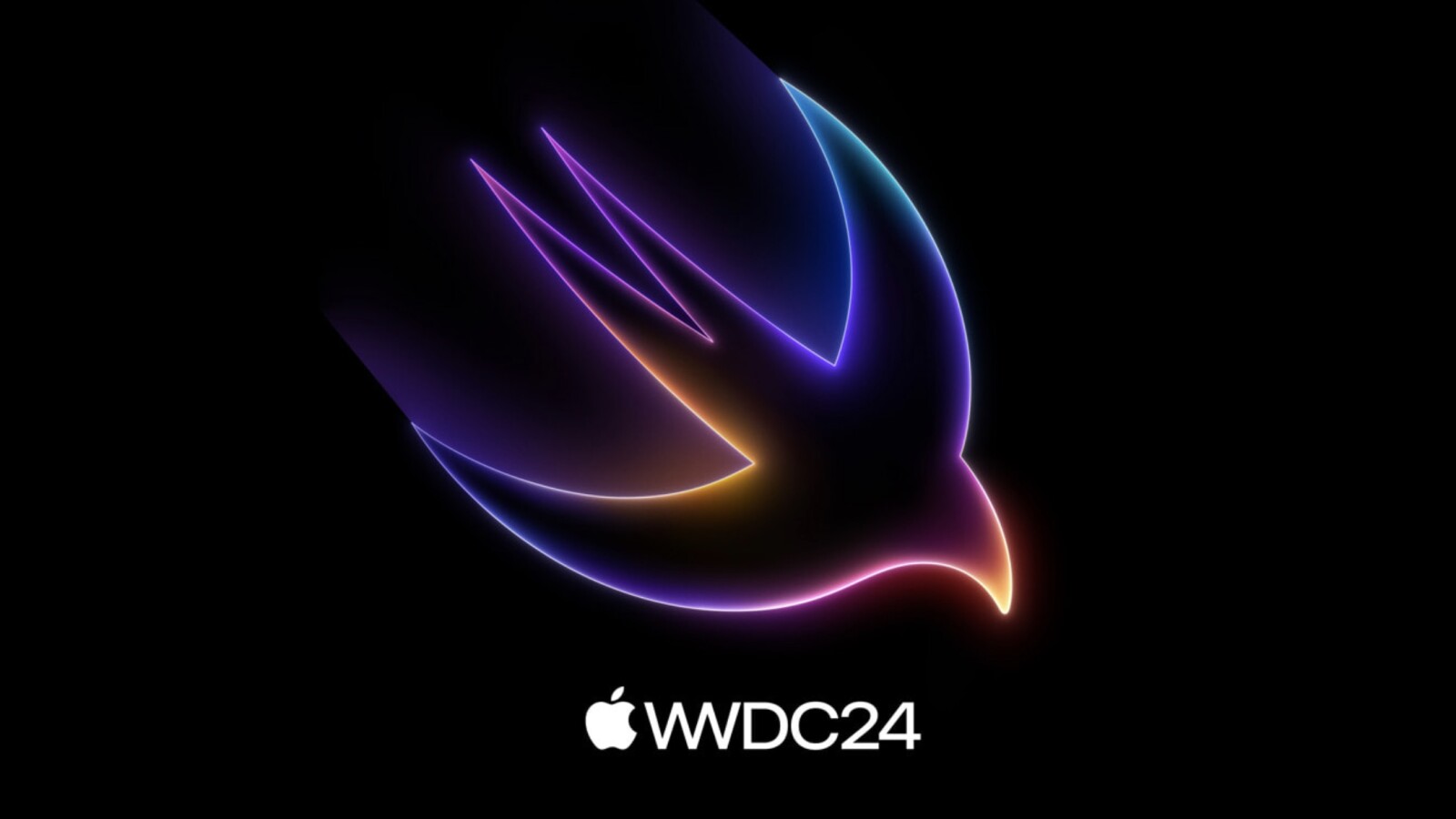Europe is one of the European countries in which bank cards are most used to pay, both by credit and debit. Digital payments have become in just a few decades the most convenient means of payment, even if many companies are still hesitant to use dataphones. This has become popular especially in hotel establishments, especially in tourist areas.
This change in morals began many years ago with cards provided by banks, and has evolved more recently with the payment directly from your mobile, watch and soon devices such as smart rings. The comfort and security that these systems offer, as well as the fact that they are free in most cases, have made them increasingly common. leaving the house without cash.
The latest push came from Bizum, an instant transfer system created by Spanish banks that tried and succeeded in preventing what happened with SMS from happening again with sending money, which tech companies do not dominate it and lose control as happened to mobile operators. However, we have not yet reached the final stage of this transformation, in which WhatsApp has a lot to say.
WhatsApp as an alternative to Bizum
A few days ago the annual Meta event took place in São Paulo (Brazil) in which they presented the news of its messaging applications for businesses, Conversations 2024. At EL ESPAÑOL – El Androide Libre we were able to attend the event and interview some of the most important positions in the company in Latin America. But we were also able to see the daily life of a country like Brazil, how WhatsApp is used there and what the application means for its citizens, in addition to checking how it was integrated into payments and purchases.
Brazil has an instant payment system called Pix, an initiative of the country’s Central Bank created in 2020 that may be similar to what Bizum is in Europe. In reality, it is more versatile, since You can associate not only a phone number, but also the social security number or an email
Advertise a store’s WhatsApp catalog
Free Android
Sao Paulo, Brazil)
This allows Brazilians send money between people using WhatsApp, in the same way as they do using the bank’s applications. The bottom line is that WhatsApp is much simpler to use, it still has a prominent place in the mobile interface and everyone knows how to use it. This is not an exaggeration, Brazil has more than 200 million users of this applicationwith a penetration rate well above 95%.
However, at present, sending money is popular among individuals, but not for paying at brick-and-mortar businesses, where bank cards or cash are generally faster and more convenient. WhatsApp executives told us that it was technically viable, but that citizens weren’t using it that way. And it’s important, because What Meta did was adapt to the uses of the application that Brazilians were already doingnot impose new ones.
Shopping on WhatsApp
Another very common use case in Brazil is that of buy in app. Unlike Europe, in Brazil the majority of businesses, regardless of their size, do not use WhatsApp Messenger to communicate with their customers, but WhatsApp Business. This allows the managers of each store to manage the relationship with customers much more comfortably, as well as to create online sales catalogs.
The average user in the region is very open to using WhatsApp to talk to stores, independent professionals and all types of businesses. The app is not seen exclusively as a way to contact friends and family, but as a way to communicate with anyone, just like the phone. This is something that in European countries, like Europe, seems strange, but little by little it is becoming normal to use this type of applications for all types of procedures.
A person making a purchase on WhatsApp
Free Android
Sao Paulo, Brazil)
It is very common to enter a company’s WhatsApp profile and Click on the store icon to access the catalog and purchase any of the products directly from your mobile. The experience isn’t much different than what you have in apps like Amazon, but it’s much simpler and more straightforward. Not leaving WhatsApp is a huge advantage, and businesses know it.
Contrary to what one might think, integration in WhatsApp is not limited to a specific type of business, of a certain size or in certain sectors. In Brazil, most businesses use WhatsApp for one type of action or another, and many include their catalogs there. This will from small artisan shops that can sell their creations without having to create a website to large companies like Leroy Merlín
Commercial announcement to be managed by WhatsApp
Free Android
Shipping or payment data is integrated into WhatsApp via Meta Pay, formerly called Facebook Pay, which is the system that also allows you to use Pix and send money between individuals. Everything is really transparent for the end user, making it easier to use and triggering the use of this purchasing method. And it’s not just in Brazil, In India, WhatsApp has also allowed you to send money since 2018 using UPI, the country’s instant money transfer system, and being able to purchase within the app.
A bank on WhatsApp
One of the most striking use cases observed in Brazil is that of Magie, a start-up that managed to become the first bank that works exclusively on WhatsApp. They don’t have an app or physical branches, and everything relies on their customers’ interaction with the app. They wanted to cover the last part of the payment process within WhatsApp, the part that banks didn’t allow.
This company started in September 2023, shortly after the creation of WhatsApp Flows, an improvement to the app’s API that made it possible to create complex but easy-to-use interfaces for any business. The Central Bank of Brazil encouraged all types of businesses to create competition for big banks and Magie took up the challenge. Its differentiating factor would be the use of WhatsApp and large language models. In addition to money management, you can direct deposit receipts, split a ticket between multiple people and send them the corresponding money, and much more.
The company integrates artificial intelligence similar to ChatGPT or Gemini able to understand what the customer wants, either through text or audio recognition. In this way, It is possible to make a transfer simply by sending a voice note to Magie on WhatsApp
Luiz Ramalho, CEO of Magie
Free Android
Creating such a business was only possible in a country like Brazil thanks to the Central Bank’s intention to promote innovation in the financial field as well as the presence of Pix, an instant payment system similar to Bizum. That’s what allows Magie to operate in an integrated manner with other banks. Magie is currently in a private Alpha phase, with around 5,000 real users and many more on the waitlist. The company’s CEO told us that they didn’t want to scale too quickly until they could guarantee that the service would remain as simple and reliable as it is now, with a limited number of customers, since there are currently only 12 people they work with there.
Growing markets
When Meta bought WhatsApp, it paid a very high price, around $19 billion. At that time, it was the default messaging app for millions of people, who adopted it as a natural substitute for SMS to communicate with their acquaintances. But Meta’s plans currently go much further.
Announce a company’s WhatsApp number
Free Android
Sao Paulo, Brazil)
The idea of the company is that include all types of transactionscreating a small or large financial and economic ecosystem that allows the application to take a leap that positions it as a key element in users’ daily lives not only to communicate, but also to buy or send money. And this will be done in an integrated manner with other business solutions, such as Facebook Messenger or Instagram.
The conversion of some advertisements on platforms like Facebook can be much higher if, instead of sending it to a complicated website, you send it to a profile on WhatsApp, a familiar application that gives confidence. Sales conversion rates can be doubled in certain scenarios. At the moment, WhatsApp is focusing payments integration into WhatsApp in Brazil and India, its two largest markets, but the company is working to expand it to many other countries. When asked if this would be a possibility in Europe, Guilherme Horn, head of WhatsApp for emerging markets (India, Brazil and Indonesia), responded that “at the moment there are no plans to introduce WhatsApp payments in Europe, but perhaps it will be possible at the future”.
Table of Contents













